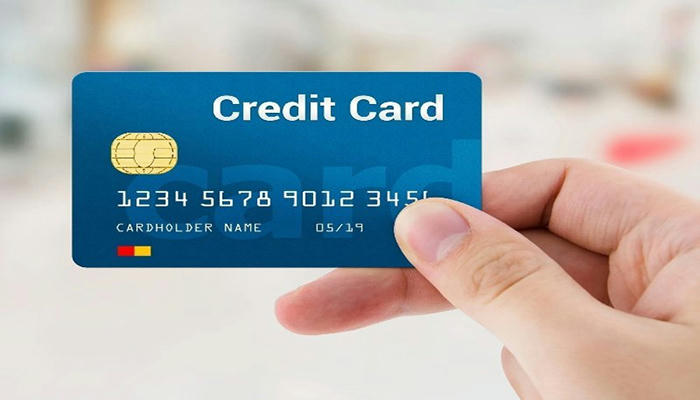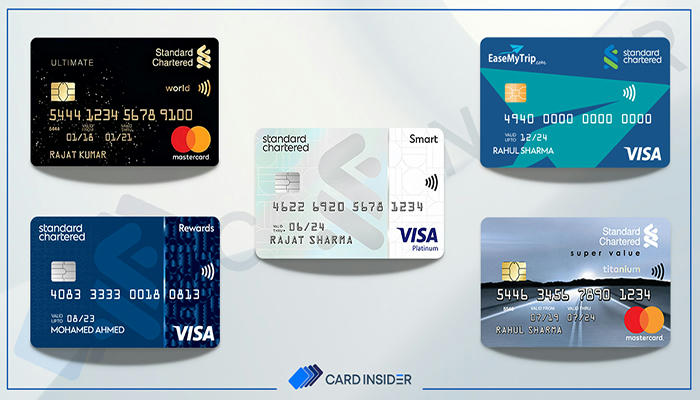The Advantages of Practicing Good Credit Card Habits: Real-Life Scenarios
Credit cards have become an essential part of modern life, offering convenience and a range of benefits when used responsibly. By adopting good credit card habits, you can not only manage your finances more effectively but also unlock the full potential of credit card perks. Below are some key benefits, illustrated with real-life examples:

1. Avoiding High Interest Charges
Example: Emily Johnson pays her credit card balance in full every month, allowing her to avoid interest fees altogether. Over time, this habit saves her a significant amount of money. In contrast, Michael Brown only makes minimum payments, resulting in mounting interest charges that strain his finances.
Benefit: Paying your balance in full each month minimizes interest costs and reduces financial stress.
2. Building and Improving Your Credit Score
Example: James Smith consistently pays his credit card bill on time and keeps his credit utilization below 30%. As a result, his credit score has steadily improved, enabling him to secure a mortgage with a lower interest rate. On the other hand, Sarah Davis frequently misses payments, damaging her credit score and leading to higher loan rates or rejections.
Benefit: A strong credit score opens doors to better loan terms and more favorable financial opportunities.
3. Effective Financial Management
Example: David Wilson sets a monthly budget for his credit card spending and reviews his statements regularly. This habit helped him spot and resolve incorrect charges, saving him from unnecessary expenses. Meanwhile, Jessica Miller failed to set a budget and often overspent, leading to financial strain.
Benefit: Budgeting and monitoring statements help you stay in control of your spending and catch errors early.
4. Maximizing Rewards and Benefits

Example: Olivia Martinez uses a cash-back credit card for everyday purchases, earning a percentage of her spending back each month. She uses these rewards to offset her expenses, effectively increasing her disposable income. In contrast, Robert Anderson overlooked his card’s rewards program, missing out on potential savings.
Benefit: Leveraging credit card rewards can boost your income and reduce overall expenses.
5. Protecting Financial Security
Example: William Clark uses a virtual credit card for online purchases, minimizing the risk of fraud. When he noticed suspicious transactions, he immediately contacted his card issuer, who resolved the issue quickly. Unfortunately, Laura Johnson entered her card details on an unsecured website, leading to identity theft and financial loss.
Benefit: Safeguarding your credit card information and using fraud protection tools can prevent theft and financial harm.
6. Flexible Repayment Options
Example: Chris Taylor used his credit card’s installment plan to purchase an expensive electronic item, spreading the cost over several months. This approach eased the burden of a large upfront payment. In contrast, Megan White paid the full amount at once, which strained her finances.
Benefit: Installment plans offer flexibility and reduce the pressure of lump-sum payments.
7. Enhancing Your Shopping Experience

Example: Emily Thompson set up automatic payments to ensure her credit card bill is paid on time, avoiding late fees. She also took advantage of her card’s purchase protection feature to resolve an issue with a defective product. Meanwhile, John Harris missed a payment deadline, incurring late fees and a negative impact on his credit score.
Benefit: Automatic payments and purchase protection services improve convenience and safeguard your purchases.
8. Optimizing Credit Card Choices
Example: Daniel King regularly evaluates his credit card options and recently switched to a card that better aligns with his spending habits, maximizing his rewards. In contrast, Emma Lewis stuck with her old card without reviewing its benefits, missing out on potential savings.
Benefit: Periodically reviewing and updating your credit card choices ensures you’re getting the most value.
Conclusion
These real-life examples highlight the tangible benefits of practicing good credit card habits. From avoiding interest fees and improving your credit score to maximizing rewards and protecting your financial security, responsible credit card use can significantly enhance your financial well-being. By adopting these habits, you can take full advantage of your credit card’s features while maintaining control over your finances.
